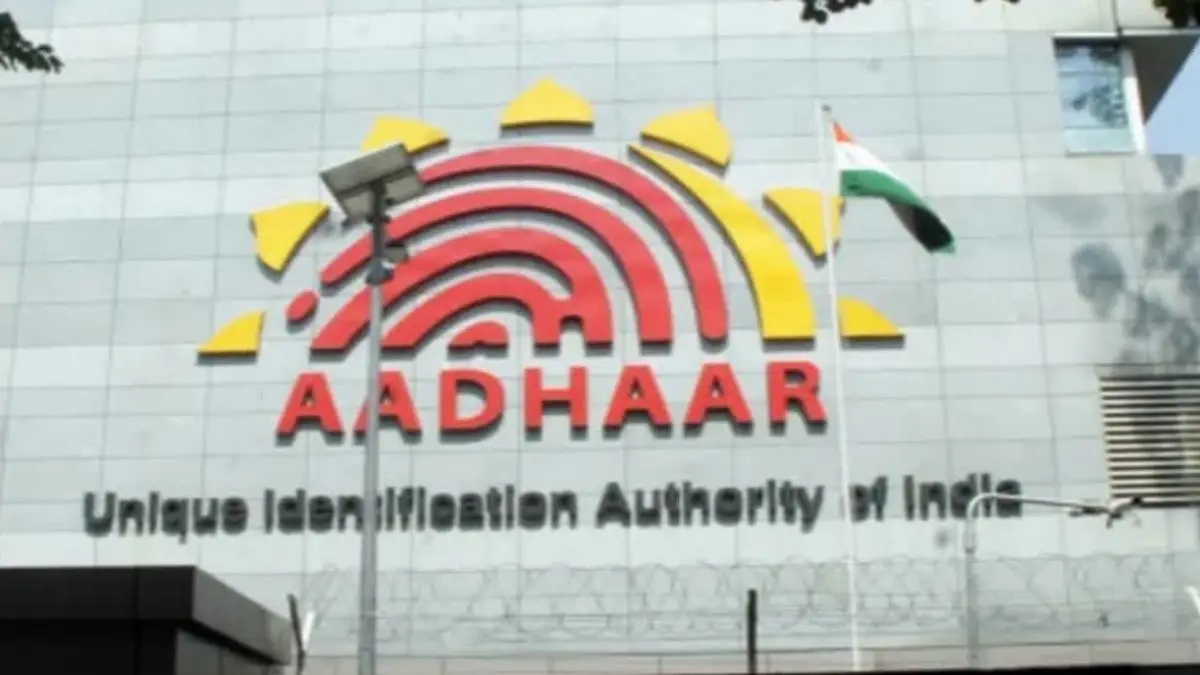New Delhi, May 19: In a significant move to enhance transparency, promote digital innovation, and encourage evidence-based policymaking, the Unique Identification Authority of India (UIDAI) has started publishing anonymized and non-personal datasets from the Aadhaar ecosystem on the government’s open data portal, data.gov.in.
This initiative, spearheaded by UIDAI's Chief Data Officer and Deputy Director General, marks a strategic step towards democratizing access to data while ensuring the highest standards of privacy and security. The datasets include aggregated insights on Aadhaar enrolments, demographic updates, and authentication activities, organized across parameters such as age group, gender, geography, and time periods.
The data made available is fully anonymized—devoid of any personally identifiable information—and is structured to be useful for researchers, policymakers, technologists, and digital service innovators.
Unlocking the Value of Open Data
By releasing these datasets into the public domain, UIDAI seeks to create an ecosystem where open data fuels academic studies, policy analysis, and the development of scalable digital services. The data can provide vital inputs for understanding user engagement with Aadhaar, identifying regional digital access gaps, and shaping programs that improve service delivery and digital inclusion.
“This is an important step towards ensuring that the benefits of Aadhaar go beyond identification and extend to enabling innovation and better governance,” said a UIDAI official. “We are committed to building a data-sharing model that supports public good without compromising user privacy.”
Supporting Research and Development
The availability of granular but anonymized data will benefit academic institutions, think tanks, startups, and civil society organizations. It allows them to draw insights on Aadhaar usage trends, analyze access to digital identity services across demographics, and propose informed solutions for gaps in digital access or service delivery.
For example, patterns in authentication volumes could indicate areas with high digital uptake, while enrolment updates segmented by age or region could inform targeted outreach strategies for ensuring Aadhaar access for underserved communities.
Advancing Data-Driven Governance
The initiative also complements the Indian government’s larger vision of fostering a data-driven governance framework. By enabling transparent access to high-quality public data, the government hopes to spur collaborative innovation while strengthening accountability in public services.
Furthermore, the UIDAI’s step aligns with the principles of the Digital India mission and the National Data Sharing and Accessibility Policy (NDSAP), which emphasize using data as a public asset for inclusive development.
Safeguarding Privacy While Sharing Insights
Importantly, the UIDAI has clarified that all datasets shared are carefully curated to ensure complete anonymization and aggregation. No personal or sensitive data of any individual is exposed. The process follows robust data governance frameworks to ensure that individual privacy remains protected even as data is leveraged for societal benefit.
Looking Ahead
This move is expected to catalyze further initiatives across departments to open up more anonymized datasets to the public. It also signals a shift towards a more collaborative and insight-driven approach to public administration and digital service design.
With this initiative, UIDAI not only reaffirms its commitment to secure and ethical data use but also establishes a model for responsible data sharing that other public institutions can emulate. As India continues to strengthen its digital infrastructure, open data platforms like data.gov.in are poised to play a critical role in building an inclusive, transparent, and innovation-friendly governance ecosystem.



















